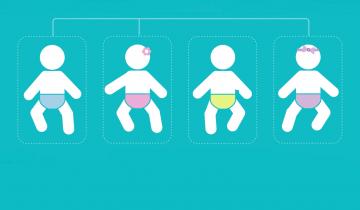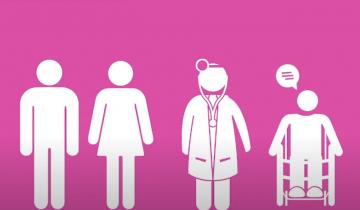This study highlights the importance of monitoring and managing chronic conditions in adults with cerebral palsy. It also provides important information that can help healthcare professionals better understand the health needs of this population.
This study highlights caregiver knowledge and preferences to understanding the GMFCS and how that information should be relayed from clinicians.
Children with cerebral palsy have more complex self-management and self-care demands than children who are typically developing. They have to learn how to deal with medications and they may have to deal with medical equipment. At some point, they're going to have to learn about medical appointments.
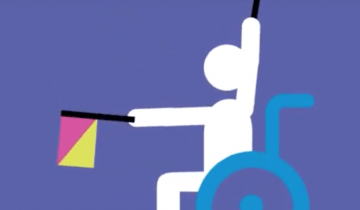
There are a couple of key things to think about in helping children and adolescents make the transition into young adulthood and independence. One of those things is called mastery motivation and we can see mastery motivation early in life. It's the ability to persist in the face of challenge. If you're growing up with a disability, it can be harder to do things. If you are not challenged, if the environment is not set up correctly, or if you don't have the resources, then you start to feel that you can't master certain kinds of tasks.
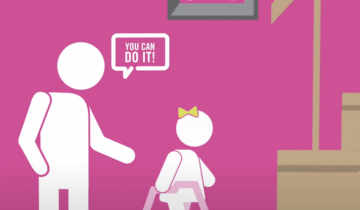
When it comes to preparing your child for Botulinum Toxin injections, the first most important thing to remember is to know your child.
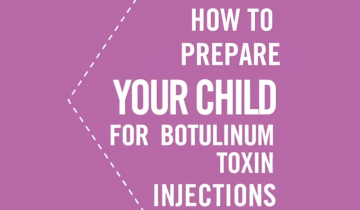
Cerebral palsy is caused by damage to the infant brain. This damage can involve not only the motor parts of the brain, but also the parts that deal with vision. This is not related to damage to the eye but is related to damage of the parts of the brain that process visual information.
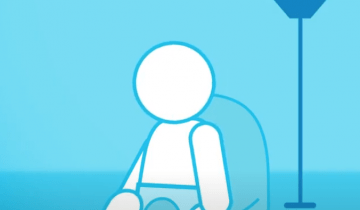
Children with cerebral palsy experience brain damage around birth or before birth. So the language of the brain in other words, the way they will move, will be different from typical movements. So by looking at their movements, we will understand that there is something that is wrong in the brain.
